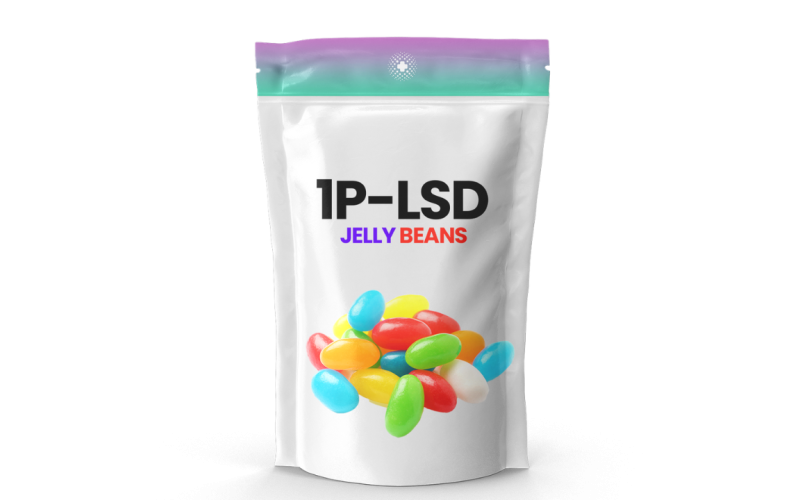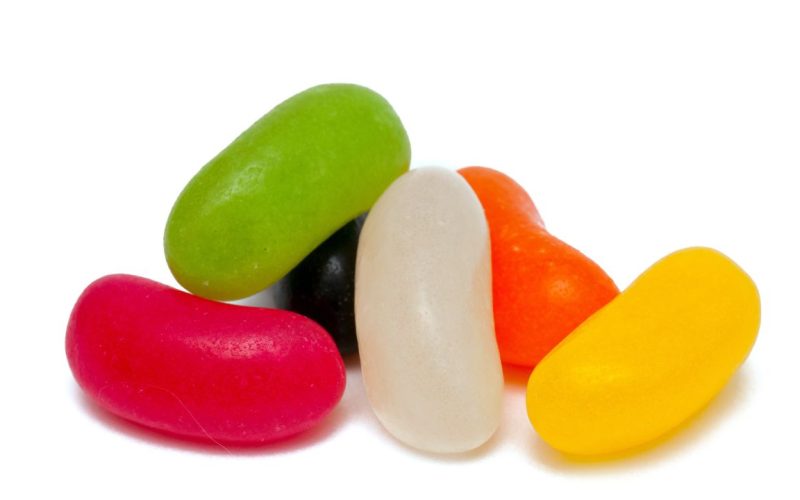1P-LSD Drug Test
Step into the future of research with Aimimichem. Our lab-verified chemicals are the key to your next big discovery. Join our community today!
We only sell our products to customers aged 18 years or over, for purposes of research only.

The Curious Case of 1P-LSD: A Comprehensive Guide to 1P-LSD Drug Test
Ever wondered if that peculiar chemical, 1P-LSD, which your buddy in the lab keeps raving about, can show up on a drug test? Well, buckle up, because today we’re diving into the quirky, confounding world of 1P-LSD and drug tests. Get ready for a rollercoaster ride filled with chemical jargon, a bit of science, and a pinch of humor to keep things interesting.
What is 1P-LSD?
Before we jump into the nitty-gritty of drug tests, let’s get acquainted with our star player: 1P-LSD. Officially known as 1-propionyl-lysergic acid diethylamide, 1P-LSD is a psychedelic research chemical. It’s a close relative of LSD (lysergic acid diethylamide), but with a tiny tweak in its molecular structure—a propionyl group attached to the nitrogen in the diethylamide part. This subtle change makes it legal in some places where LSD is not, allowing researchers to explore its effects without landing in hot water.
Why is 1P-LSD So Popular in Research?
1P-LSD has gained traction in research communities, thanks to its LSD-like properties. Scientists love it because it offers a glimpse into the psychedelic effects without the legal baggage that comes with LSD. People describe its effects as nearly identical to LSD, including altered perception, enhanced creativity, and sometimes profound personal insights. All of this makes it an attractive candidate for research into the human mind and consciousness.
The Burning Question: Can 1P-LSD Show Up on a Drug Test?
Now, let’s get to the heart of the matter. You’re probably wondering if that 1P-LSD in your research kit will make you fail a drug test. The short answer? It’s complicated.
Standard Drug Tests and 1P-LSD
Most standard drug tests, like the common urine tests used by employers, are designed to detect a range of substances, including THC, cocaine, opiates, and amphetamines. These tests are not typically equipped to detect 1P-LSD or even its more infamous cousin, LSD. The reason is that the molecular structure of 1P-LSD doesn’t trigger the same metabolites that these tests look for.
Specialized Tests: The Party Pooper
Here’s where things get tricky. While standard tests may not detect 1P-LSD, specialized tests can. These tests, often used in forensic settings or highly sensitive environments, can be designed to detect a broad spectrum of substances, including research chemicals like 1P-LSD. They look for specific metabolites that 1P-LSD breaks down into, such as 1P-LSD-26, a unique fingerprint of the substance.
The Legal Gray Area
It’s important to note that the legality of 1P-LSD varies from place to place. In some regions, it’s legal for research purposes, but possessing it with the intent to consume could land you in hot water. Always stay informed about the regulations in your area to avoid any unwelcome surprises.

We only sell our products to customers aged 18 years or over, for purposes of research only.

Tips for Researchers: Navigating the Labyrinth
If you’re a researcher working with 1P-LSD, here are a few tips to keep your work on the straight and narrow:
- Stay Informed: Keep up-to-date with the latest research and legal developments regarding 1P-LSD. Regulations can change, and staying informed helps you avoid any legal pitfalls.
- Label Clearly: Ensure all your research materials are clearly labeled and stored safely. This not only keeps your lab organized but also prevents any mix-ups with non-research substances.
- Communicate with Peers: Join research forums and communities to share knowledge and experiences with 1P-LSD. Platforms like Aimimichem’s Telegram channel can be invaluable for staying connected and informed.
Aimimichem: Your Go-To for Research Chemicals
Speaking of Aimimichem, let’s give a shoutout to these guys. Specializing in high-quality research chemicals, Aimimichem is a trusted name in the industry. They offer a wide range of products, including 1P-LSD, all rigorously lab-tested to ensure purity and quality. And remember, their products are strictly for research purposes—not for human consumption.
Aimimi Shipping Credits
One of the cool things about Aimimichem is their Aimimi Shipping Credits system. It’s a clever way to save on delivery costs, making it easier for researchers to get their hands on the chemicals they need without breaking the bank. Plus, with regular discounts and promotions via their Telegram channel, staying stocked up has never been easier.
Conclusion: The Mystical Dance of 1P-LSD and Drug Tests
In the grand scheme of things, 1P-LSD’s detectability on drug tests remains a complex and nuanced issue. While standard tests may not catch it, specialized ones can. As always, if you’re dabbling in the world of research chemicals, it pays to be informed and cautious.
So, there you have it—a deep dive into the world of 1P-LSD and drug tests. Whether you’re a seasoned researcher or a curious newcomer, understanding the intricacies of these substances helps keep your research on track and above board. And who knows? Maybe someday, your work with 1P-LSD will contribute to groundbreaking discoveries in the realm of human consciousness. Until then, happy researching!
Have Any Questions
We've answers
Most standard drug tests, like those for employment, don’t detect 1P-LSD. They focus on substances like THC, cocaine, and opiates, missing the unique metabolites of 1P-LSD. So, your research secrets are safe!
Yes, specialized drug tests used in forensic settings can detect 1P-LSD. These tests look for specific metabolites like 1P-LSD-26, which reveal the presence of 1P-LSD. So, while you’re safe in general, don’t get too comfy!
No! Aimimichem’s products are strictly for research purposes only. They are not intended for human consumption. Remember, researchers, safety first!
Yes! Aimimichem encourages researchers to join forums and communities to share knowledge and experiences. Their Telegram channel is a great place to start, offering a space to connect with fellow researchers and stay informed.
We only sell our products to customers aged 18 years or over, for purposes of research only.


